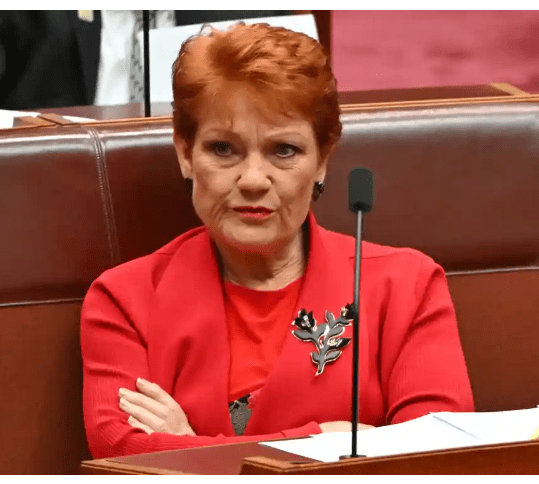
Disability campaigners have demanded an apology from One Nation leader Pauline Hanson following the publication of a film mocking the National Disability Insurance Scheme. The NDIS is referred to as a “scam” and a “rort” in the video, which is part of the YouTube series “Pauline Hanson’s Please Explain,” amid inappropriate depictions of people with disabilities. The film is “insensitively cruel,” according to Nicole Lee, President of People with Disability Australia, and contains “inappropriate, inaccurate, and offensive depictions of disability supports provided under the NDIS.”
According to a spokeswoman, the exploitation of people with disabilities as political pawns is especially alarming considering their already high rates of mistreatment. People with disabilities are among the most important contributors to the Australian economy, generating more than $2 billion per year and returning $2.25 on every dollar invested in the NDIS program.
The National Disability Insurance Scheme (NDIS) was created in 2013 to offer financial help for critical support services to those under the age of 65 who have a permanent disability. The scheme, which would benefit over 550,000 Australians, is expected to cost $50 billion per year by 2025-26. However, the Labor Party has lately called for an independent review of the NDIS in order to expose the Coalition’s neglect of the initiative. The investigation’s conclusions are scheduled to be made available to disability reform ministries by October 2023.
The disability discrimination commissioner, Ben Gauntlett, called the video “reprehensible.” He took to Twitter to argue that using comedy to target the disabled community for political purposes does not improve social programs. Instead, it creates tension, alienation, and resentment.
Craig Wallace, Advocacy for Inclusion’s head of policy, spoke out against Hanson’s video, saying it was a clear misrepresentation of the NDIS’s capacity to aid people on a temporary basis. Wallace asked both politicians and regular folks to condemn the film.
The public distribution of a video depicting the lives of very vulnerable disabled people on a day of love and reflection for many has generated feelings of anger. The harsh and spiteful portrayal has sparked criticism, with one person calling it particularly horrible.
Wallace strongly reacted to the suggestion that people with disabilities were “scamming” the NDIS. He emphasized that persons with disabilities are particularly vulnerable to fraudulent schemes, substandard services, and exploitative tactics by companies looking to profit from their disability.
People with Disability Australia and Advocacy for Inclusion both demanded an apology and the removal of Hanson’s video. Hanson’s office has yet to issue an official statement.
